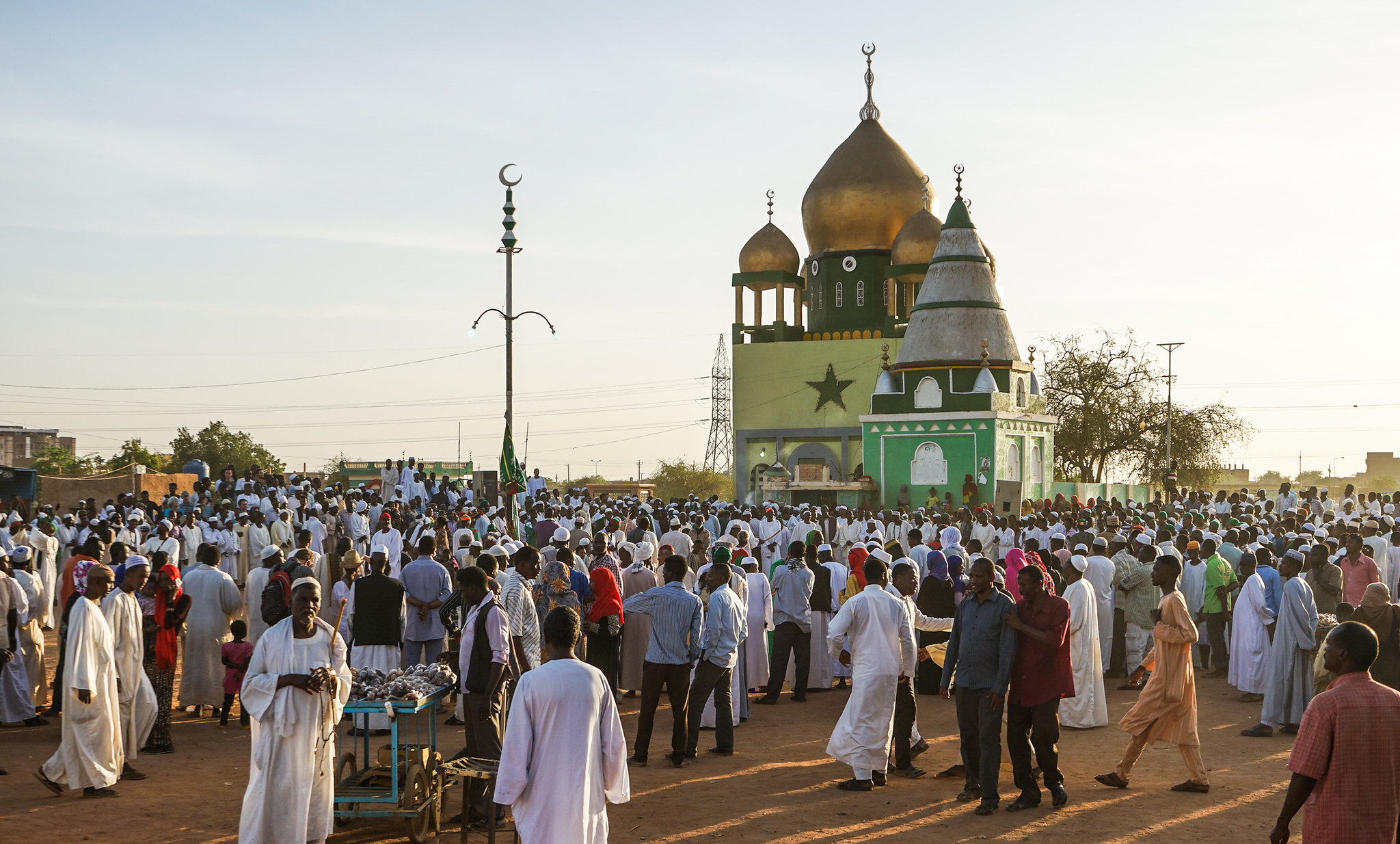Raphael Kerali talks to Africa at LSE Editor Syerramia Willoughby about research he conducted along with Julian Hopwood for the Justice and Security Research Programme among the Acholi people in the northern Uganda as they resettled in their respective ancestral lands following the end of the Lord’s Resistance Army insurgency which took place from 1987-2006.
What is the background behind your research?
The Lord’s Resistance Army (LRA) insurgency was a 20-year-long conflict led by Joseph Kony which decimated the north of the country. As a result, many people in the Acholi districts left their villages and lived in IDP camps set up by the government. By the end of the war, among those returning were children coming to claim their parents’ land. Having spent up to 20 years away from their homes or even been born in camps, many lacked knowledge of the land boundaries and this led to a number of disputes among those living in the communities. These disputes often turned violent because local justice mechanisms such as the Local Council (LC) and Elders’ Court (EC) were unable to solve the issues satisfactorily.

Photo Credit: John and Melanie Kotsopoulos via Flickr (http://bit.ly/2qSFtiZ) CC BY-NC-ND 2.0
Following the end of the war, how were people resettled in their villages?
When the IDP camps were disbanded in 2006, some early returnees used the opportunity to grab larger pieces of land than their families may previously have had. This was motivated by the prospect of making money through a future sale or having land large enough to produce sufficient food to feed their families.
What action did the government take to deal with this situation?
The government delegated authority to the sub-counties to deal with this situation by appointing an Area Land Committee who would be solely responsible for solving all land issues. This initiative had limited success due to corruption. As a result, the people returned to the village elders to resolve the land disputes. This process was most successful when elders conducted face-to-face mediation between contesting individuals.
How did the widows fare?
Although women in the Acholi tribe are rarely allowed to own land, the village elders and clan members decided that all widows would be entitled to take over the land of their deceased spouse. However, this would only refer to those women who had been married according to Acholi custom. Those who had been cohabiting were excluded from this even if they had a number of children with their deceased partner.
Did people resort to taking their dispute to a court of law?
Yes, most people did because they assumed that this would be the most straightforward way of getting the issues resolved. However, they were frustrated with the numerous delays in getting their cases heard as well as regular requests for money from lawyers without seeing much progress in their cases. As a result, people then decided that the best way to resolve this would be to negotiate with their opponents in front of the clan members and the local elders.
What were your conclusions after finishing the project?
The majority of the people who lost out were former cohabitees, the childless, orphans, families composed entirely of children; and children born in captivity.
Justice did not really prevail in many of these cases. From the court of law, right down to the local level, those who were rich had often used bribes to get their own way. The government disbanded the ALC and stopped elders from overseeing some cases.
Raphael Kerali was a research assistant on the Justice and Security Research Programme.
The views expressed in this post are those of the author and in no way reflect those of the Africa at LSE blog or the London School of Economics and Political Science.




